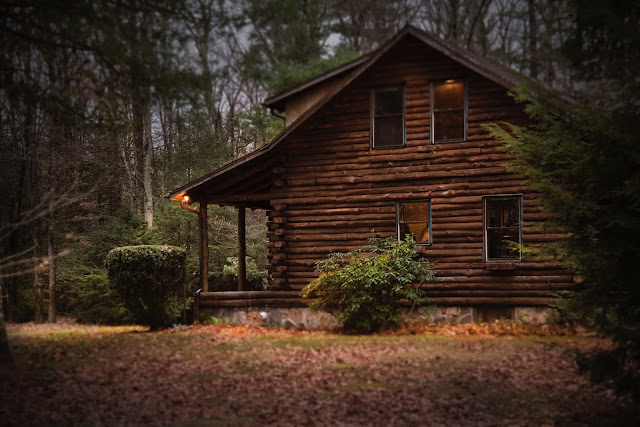In Flew Enza by Nancy Carver
Two doctors consult on the porch
of a small wood frame house on the outskirts of Joplin, Missouri. Inside, four
young people lie on pallets on the floor of the main room.
It’s 10:30 on Wednesday morning,
November 27, 1918. Tomorrow is Thanksgiving day. The house is usually cold,
having no insulation to speak of, but the children's mother has tacked blankets
up over the windows and piled extra wood in the fireplace. As a result, the
main room is absolutely sweltering. Even so some of the children shiver on
their pallets.
Madam Toastmaster, fellow
toastmasters, I know what you're probably thinking. This is supposed to be an
ice breaker speech. You were expecting something light-hearted and fun, so why
I am telling this morbid tale of poor sick children and hot smoky houses?
In my defense, how could I pass up
the chance to share this story exactly 100 years after it happened? I really
didn’t have a choice, did I? So let’s go back to the house.
The doctors have tried every
remedy they know, including a white powder and a breathing apparatus called a
pulmotor, and now they’ve escaped to the porch for some fresh air while they
discuss what to do next. But really, there’s nothing they can do. At 11 Susie
takes her last breath. Six hours later, Clarence dies as well.
The neighbor lady comes over to
try to console the children’s mother while they wait for Susie and Clarence to
be taken to the morgue, but at this particular point in time, Annie Carver is
inconsolable.
Annie's husband is unreliable at
best, so the family is accustomed to sporadic stretches of hunger and
homelessness. But the last few months have been worse than usual.
In July they packed the wagon,
hitched up the mules, and left Oklahoma to travel 200 miles to Missouri – six
young people ages 8 through 20, and their parents, in search of work. On the
way young Ashton came down with typhoid fever. He was too sick to travel, so
they had to stop for a couple of weeks, and they almost ran out of food.
In September they finally made it
to Joplin and rented this tiny house. The oldest kids, Clarence and Susie,
found jobs right away. And Orland claimed to have work also. But then one day
he announced that he needed to leave. "Mother, kids, the government has
ordered me to Virginia, to help with the war effort. I leave
tomorrow.”
The kids were shocked but not
completely surprised. Their father had a habit of leaving like this. Nobody was
sure where he went or what he did while he was gone. World War 1 was still
going on, so maybe he did get called to Virginia.
Soon after he left, their daughter
Sina Belle complained of illness and took to her bed. A visiting nurse examined
her and said, “My dear, I’m afraid you have tuberculosis!” The nurse helped
Annie make arrangements for Sina to go to the TB hospital in nearby Webb
City.
Then, three weeks later, Susie
came home with a cough, Clarence woke up with a fever, Robbie and Willie both
complained of headaches. They all had the Spanish Flu, the super-sized
worldwide pandemic that killed so many people in 1918.
For those of you who are counting,
that’s 6 kids having 3 different scary diseases all within a span of about 90
days.
Despite these early living
conditions, some of the remaining children grew up to live good lives. Their
descendants are spread across the country. They have all the basics a modern
family needs for survival — homes, cars, and … smartphones.
Little Willie was my Dad. He was 8
at the time. After he retired, he sat down with a box of ball point pens and a
stack of spiral bound notebooks, and he filled those notebooks with stories of
his childhood.
One of the things that stuck in
his mind about 1918 was a little jump rope chant from the playground at school:
“I had a little bird, its name was Enza. I opened the window, and in flew
Enza.” It struck him as both innocent and sinister, all at the same time.
I inherited Dad's love of
storytelling, and that's what brings me to Toastmasters. It's one thing to
write stories down, but telling them out loud, to actual people, using your
mouth -- that's a totally different deal and will require a lot of practice and
feedback.
Thank you for sharing Dad’s story
with me today. I don't know about you, but I'm thankful for flu shots and
Typhoid-free living conditions. And ballpoint pens. And spiral bound
notebooks.
Aunt Susie, Uncle Clarence, Rest
in Peace.



Comments
Post a Comment